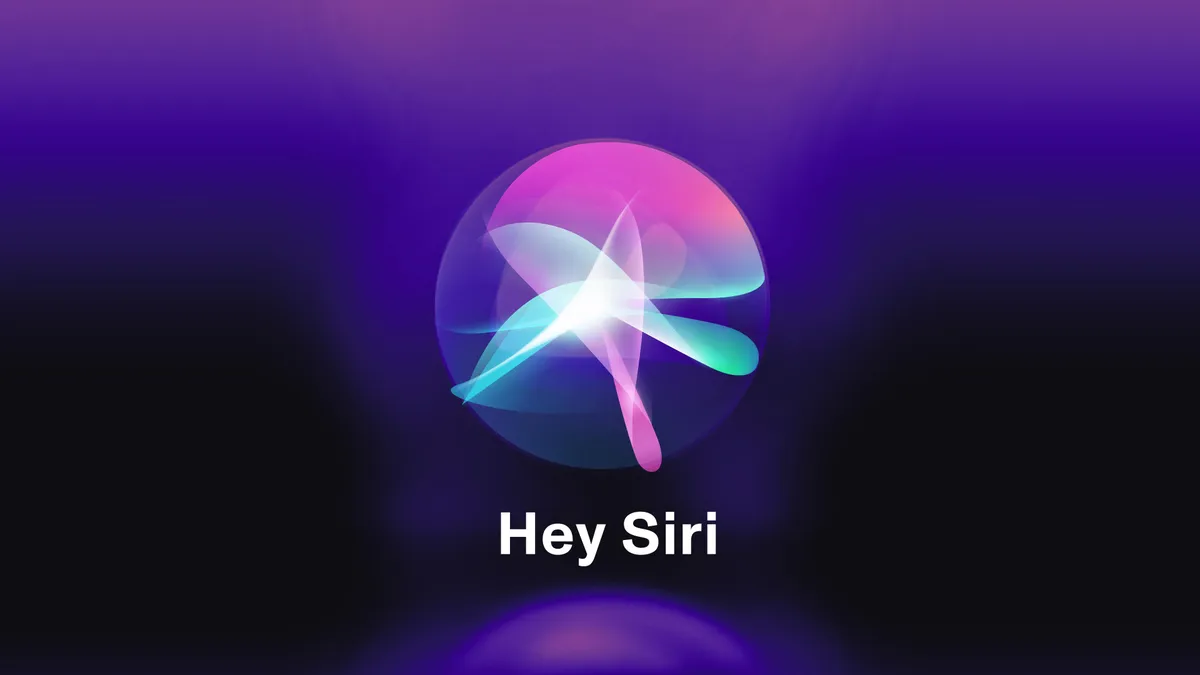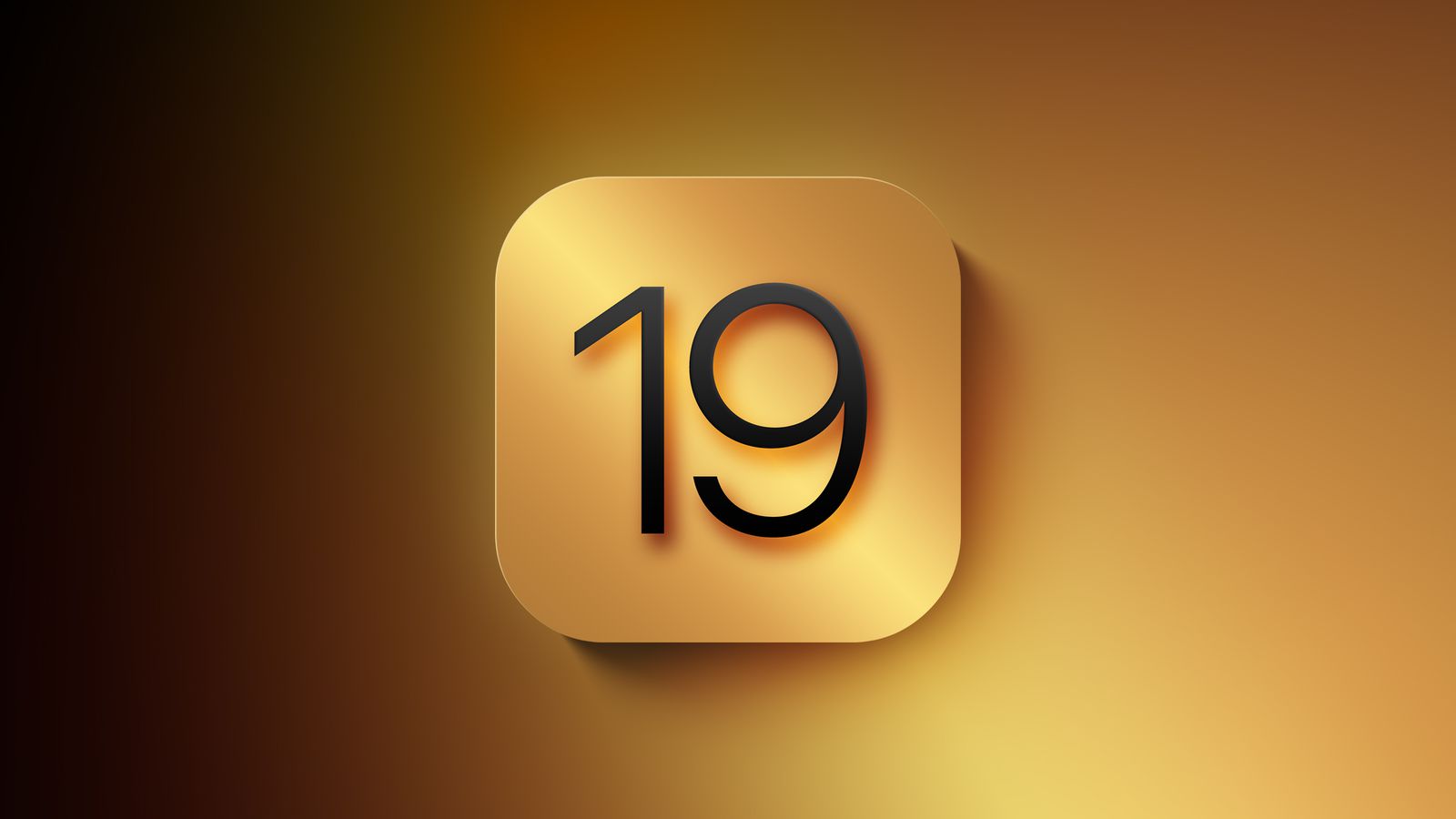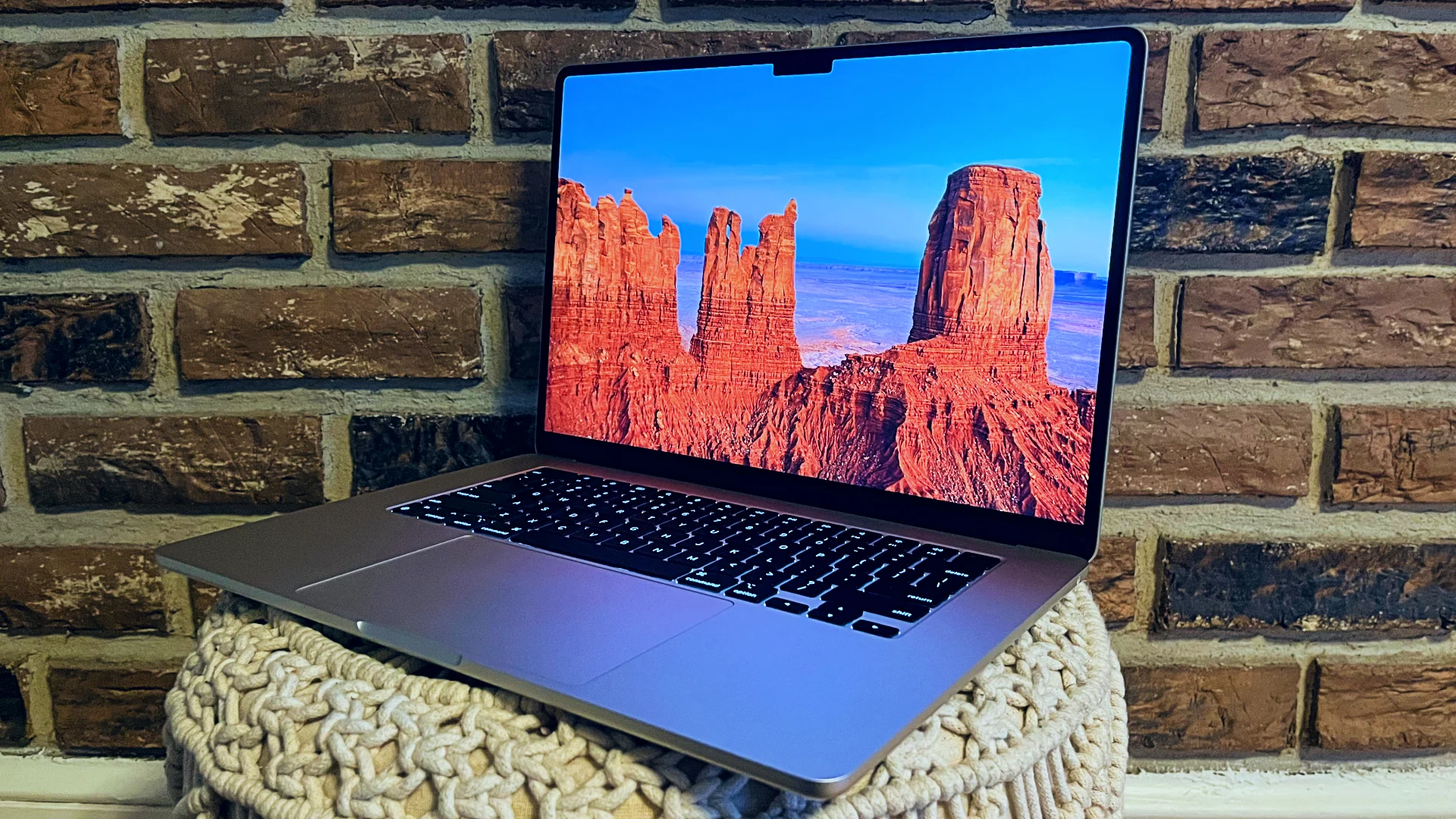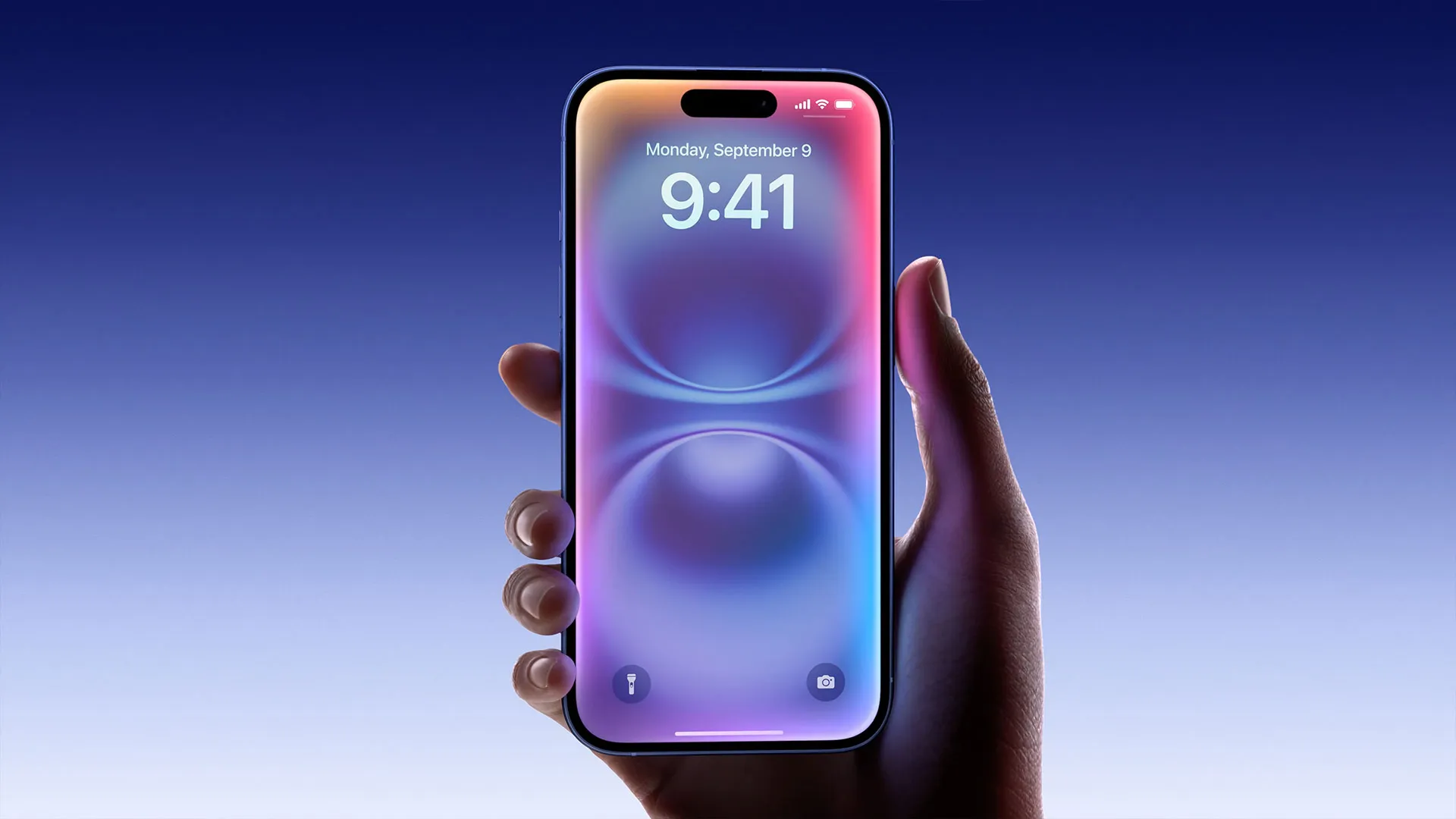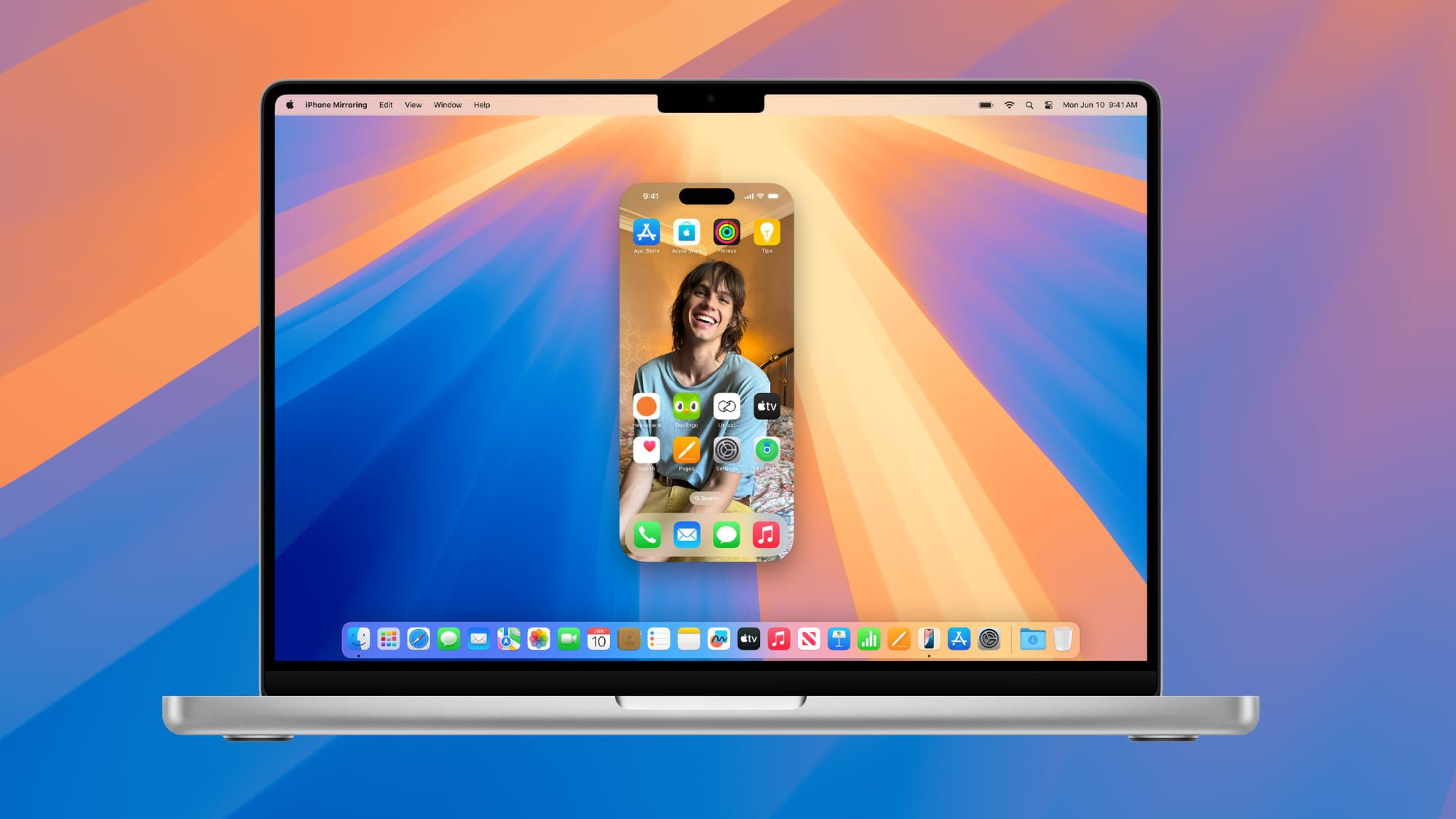Apple used to be a top player in smart assistants, but in just 14 years, it’s fallen behind. Back in 2011, Siri felt like the future. Now, in 2025, Apple Intelligence feels weak compared to what’s out there.
Siri’s 14-Year Journey
I still remember the iPhone 4S launch when Siri stole the show. It wasn’t even Apple’s idea at first—it started as an app someone else made. Steve Jobs saw its potential, bought it, and put it into the iPhone. That move made smart assistants a must-have for phones. But after 14 years, Siri should be incredible by now.
It’s not. In 2015, I wished Siri could work with my apps. It’s only starting to do that now, a whole decade later! Worse, in 2018, I listed simple things Siri couldn’t handle—and it still can’t do some of them. Today, Siri feels basic while tools like ChatGPT shine.
Why Apple’s Behind
Apple has reasons for lagging. One is reliability. Other companies like OpenAI raced ahead, even if their AI sometimes messed up big time—like ChatGPT inventing fake facts or Google’s Bard flopping in a demo. Siri’s spoken answers can’t afford those mistakes—it’d be risky to hear wrong info without a warning.
Another reason is privacy. Siri sticks to two rules: process stuff on your phone when it can, and keep your identity hidden when it uses Apple’s servers. That’s safer but less powerful than rivals who use big data centers and know tons about you.
The Privacy Win
Last year, I said waiting for a smarter Siri would pay off because of privacy. Our phones hold so much—calendar, messages, health info—and soon, Siri can tap into apps we pick, all without leaving our device. That could make Siri as good as the competition, but safer. I want an assistant who knows me well but stays private. That’s what Apple’s aiming for.
A Longer Wait
We thought this new Siri would hit in 2026. Now, the word is it’s delayed to 2027—or later. That’s tough, but if it’s great, we’ll forget the wait. Still, by 2027, other AI like ChatGPT or Amazon’s Alexa will be miles ahead. Siri has to be spectacular to catch up. Apple’s got a big challenge, but I’m hopeful it’ll be worth it.
